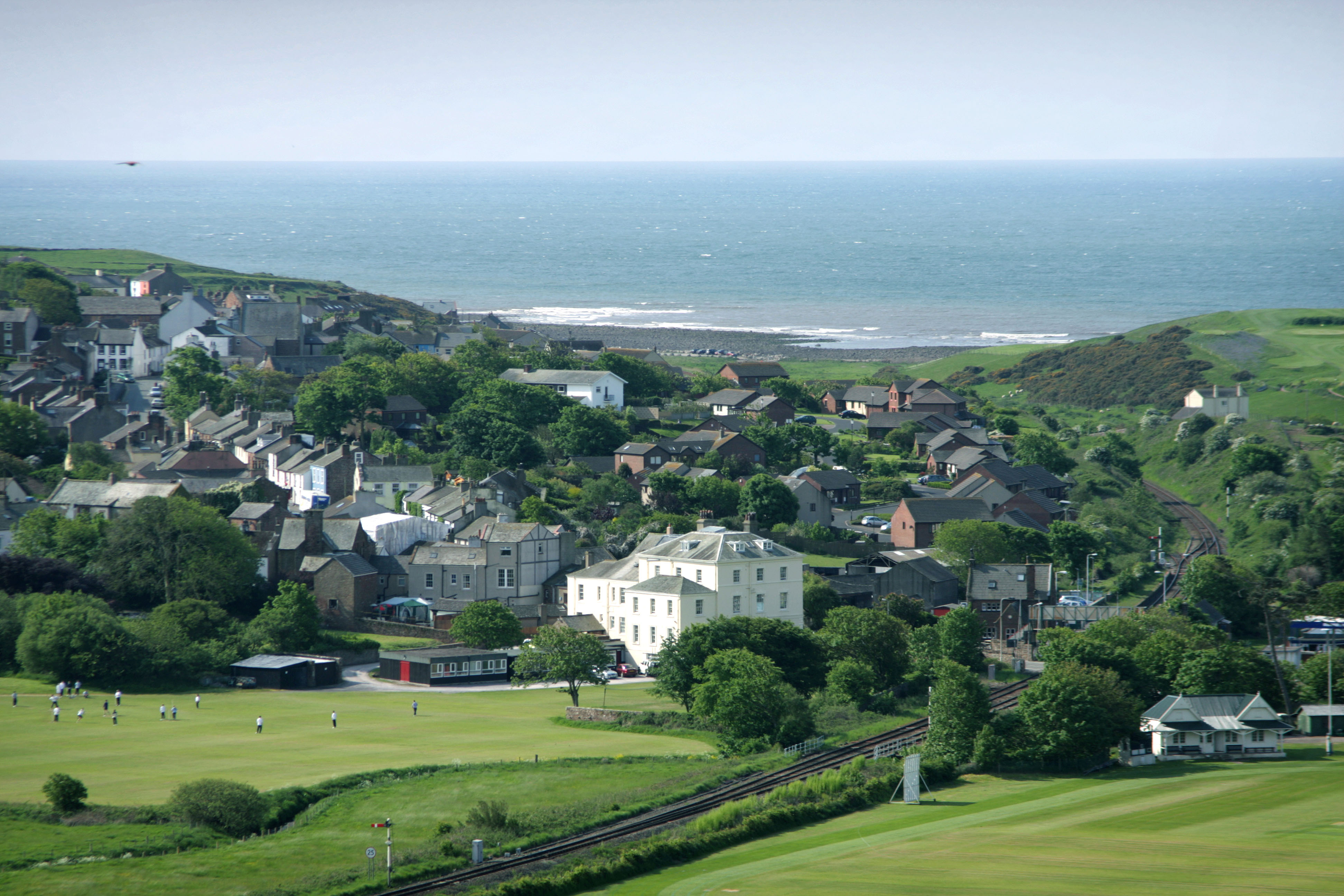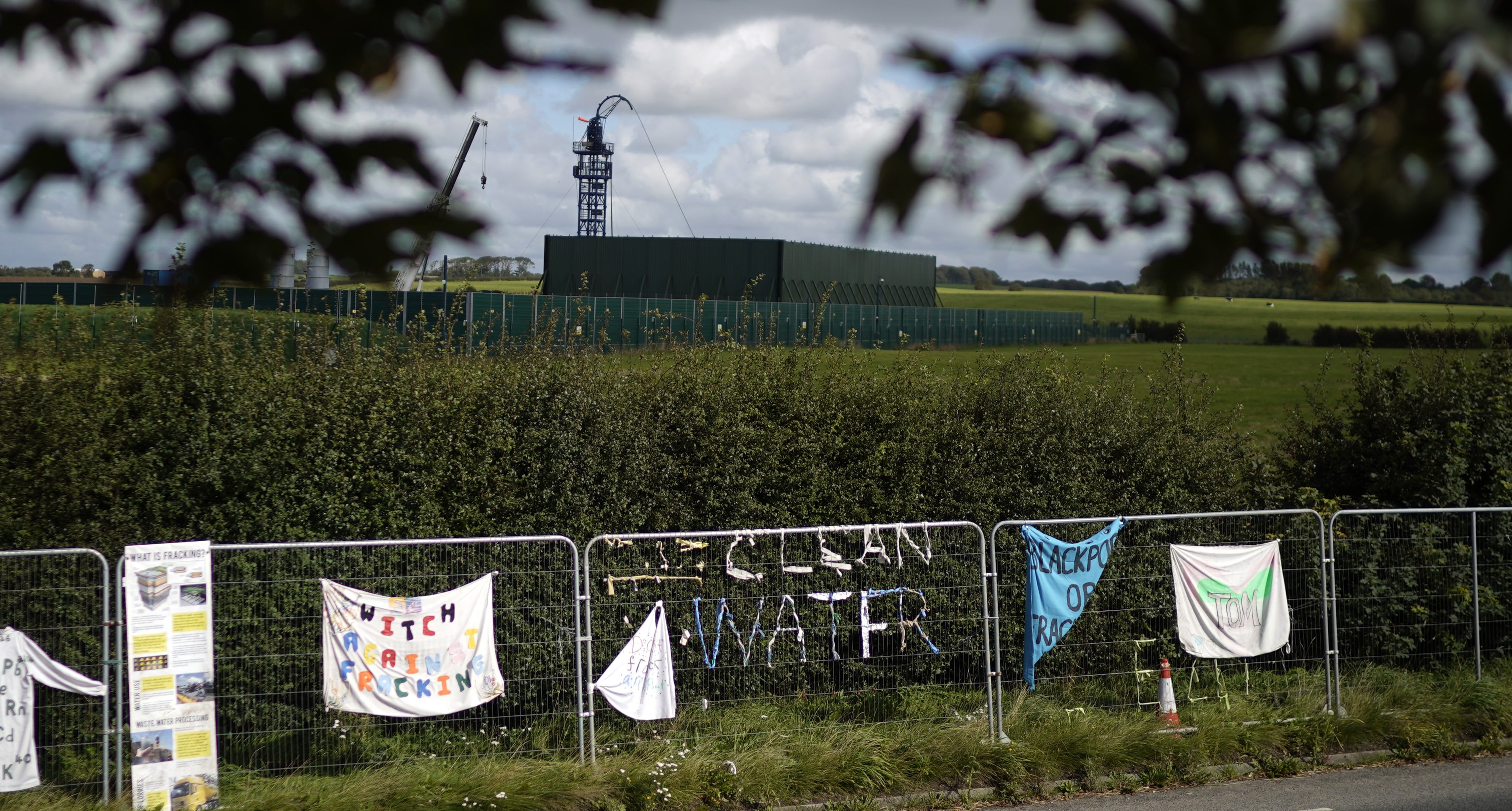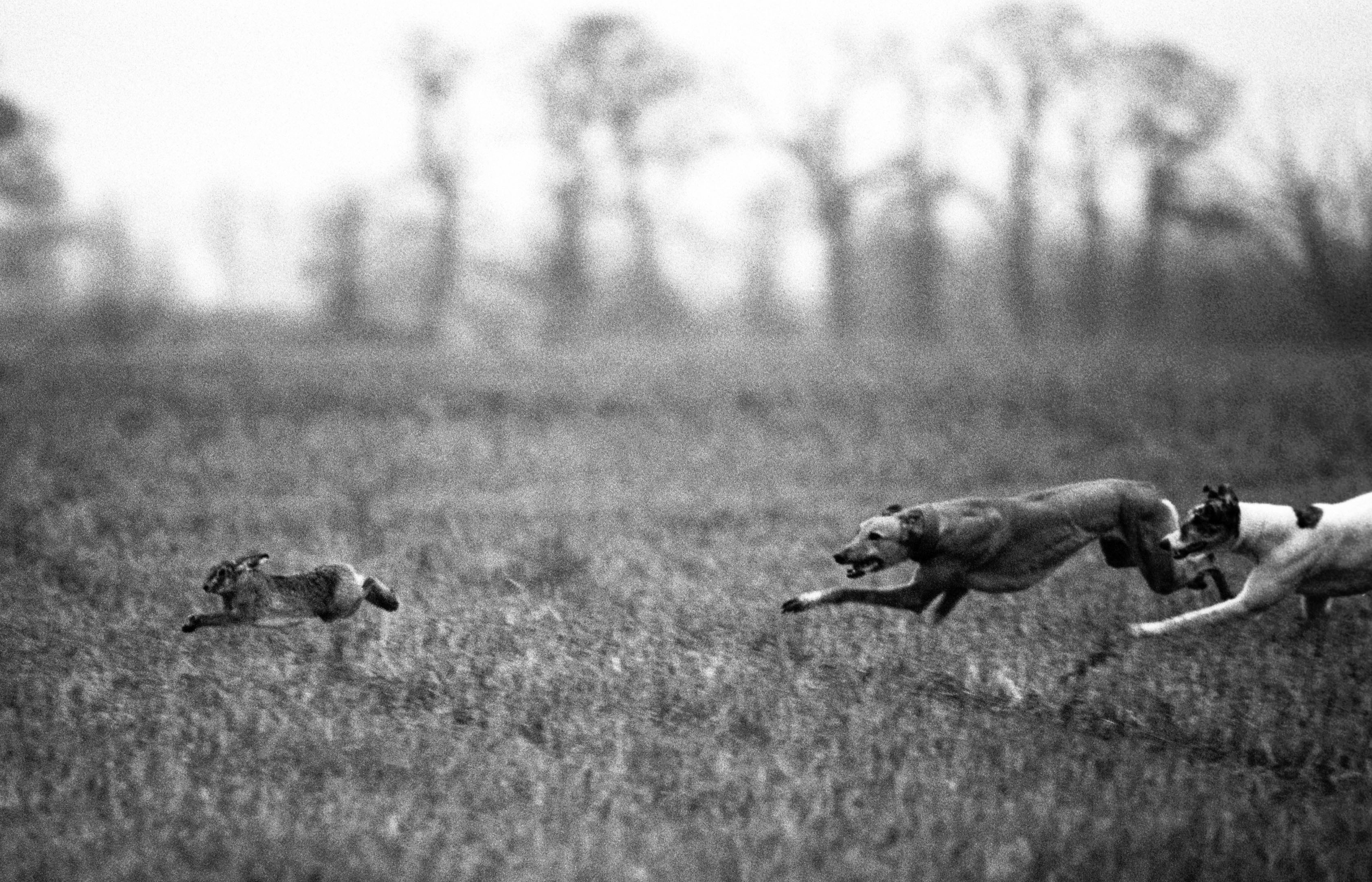Country Life Today: Backwards step or necessary evil? New coal mine in Cumbria gets the go-ahead
Three years after Britain's last deep coal mine closed, a new one will open; plus, the end of fracking, driverless taxis and the death of Wilfred Owen.

Another nail in the coffin of fracking, just as coal comes back on the agenda
Renewable energy might be making most of the headlines these days, but the old fuels are very much still with us as the opening of new, deep coal mine in Cumbria shows.
The Woodhouse Colliery was given the green light by local authorities in March, and central government has now decided not to intervene to block the proposal.
The mine will create 500 jobs but has faced stern criticism due to the obvious environmental concerns. Yet supporters have a good answer: what will be unearthed at the site is coking coal, which is necessary for the production of steel. Work on building the mine will start next year.
There is better news for the environment on fracking, however. A couple of weeks ago, Country Life reported how fracking in Britain was seemingly at an end, with the mothballing of the notorious Cuadrilla site in Lancashire. Not so, the company said a few days later, explaining how they planned to apply for permission to resume operations.

Now, however, it seems that their application looks doomed. The government has called a halt to fracking until it's been proved safe, following earth tremors this summer, and with all the opposition parties eager to impose a total ban, it's hard to see much of a future for this controversial technology.
World's first driverless taxis are now collecting passengers
Would you step into a taxi that had no driver? It's a chilling thought for many, but that future is officially here as the first driverless taxi service has opened for business.
Exquisite houses, the beauty of Nature, and how to get the most from your life, straight to your inbox.
Waymo, a Google-owned technology company, has been testing driverless taxis for a couple of years, but the system is now up and running in the city of Phoenix. Initially, only those who signed up for early trials will be able to hail the cabs, but it's expected that members of the public will be able to do so before long.
As ever with the tech industry, the question of whether we can has trumped the question of whether we should. But we've a feeling it'll be a long time before this technology reaches Britain: can you imagine a driverless taxi coping with a hedgerow-lined country lane, or the cobbled backstreets of one of our medieval cities?
Full story (Daily Mail / TechCrunch)
On This Day in 1918: The Death of Wilfred Owen
The greatest of the poets of the First World War, Wilfred Owen was killed on this day in 1918 while on an operation to cross the Sambre-Oise Canal. His death came exactly a week before the signing of the Armistice; his mother, one of his great influences and supporters, received the telegram with the news on the day of the ceasefire, as the village bells were chiming in celebration.
Bloodsport gangs 'terrorise farms' with illegal hare coursing

The Times reports on a rise in illegal hare coursing in Scotland, with 'organised crime gangs' behind it. 'Barns have been burnt down and lurchers are "ripping shreds" out of sheep during illegal hare coursing,' according to the report in The Times. The rise mirrors the increase in illegal hare coursing in England, with gangs who 'live outside the law' responsible for it, according to a recent report in the East Anglian Daily Times.
Hare coursing was banned in 2005, but used to be enormously popular in Britain in the 19th and early 20th centuries. The biggest event, the Waterloo Cup, eclipsed the popularity of the Grand National at the time.
And finally... baking cookies on the International Space Station
Given that biscuit became widespread mainly to its ability to stay fresh during long sea voyages, you'd think that baking their own cookies wouldn't be high on the priority list for astronauts on the ISS. Apparently not: a specially-adapted cookie oven has just been launched that will let the inhabitants of the space station do their own baking for the first time.
Naturally, there's a science experiment attached, though it's not one that sounds particularly crucial to the future fate of mankind: 'Astronauts are set to test what impact high heat and zero gravity have on the shape and consistency of the cookies,' reports the BBC.
Toby Keel is Country Life's Digital Director, and has been running the website and social media channels since 2016. A former sports journalist, he writes about property, cars, lifestyle, travel, nature.

